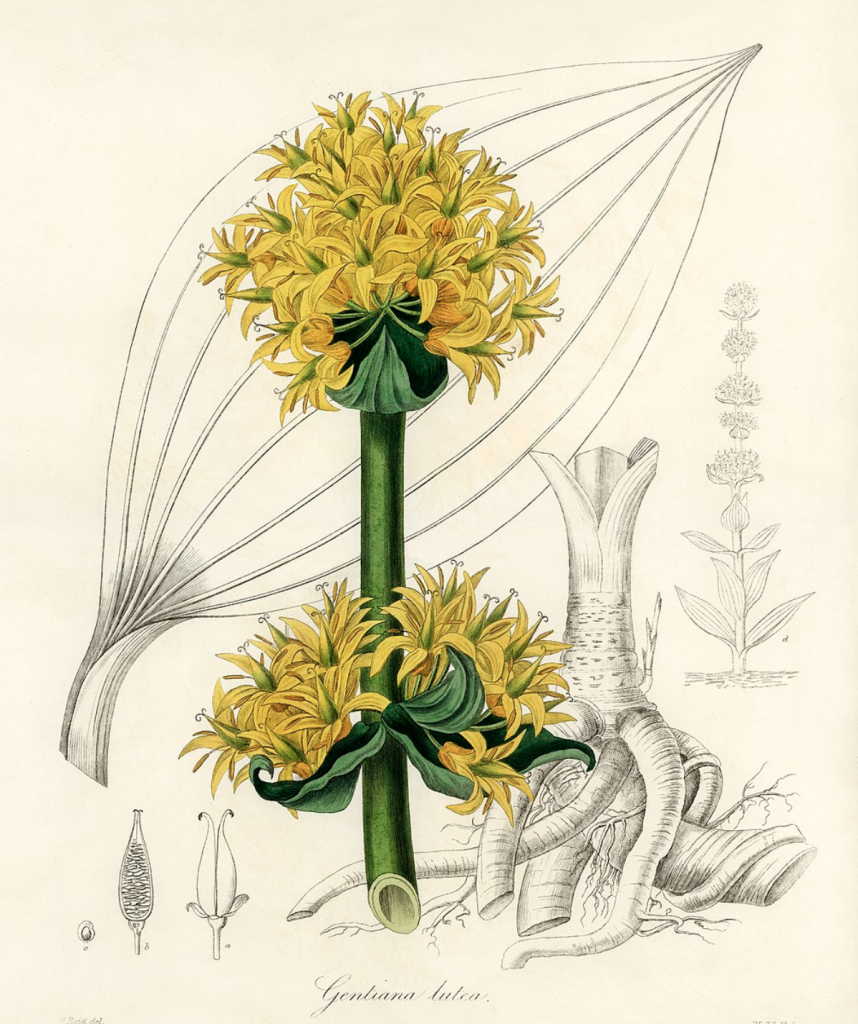Montaillou, Pyrenees / 2021-2026
Teas with Trixie / cycle of Songs for Trixie / cycle singing / radio-work / gathering / part of Travelogue of the Wandering Womb & Herball for a Midwife / work in progress

Streams of knowledge about anti-fertility plants flowed from different sources to the Cape. One of those streams was from France when Huguenot women, refugees fleeing Catholic France after the Revocation of the Edict of Nantes (1685), took the VOC offer of land to farm and migrated to the Cape. The oldest female reference to using a plant contraceptive comes from the testimony of a Cathar woman in south western France in the 14th century.
Béatrice de Planissoles was living in the Pyrenean village of Montaillou when she was propositioned by the Cathar priest of the village. She asked of him, ‘but what shall I do if I become pregnant by you? I shall be dishonoured and lost’. The priest replied that he had a certain herb that would prevent her becoming pregnant. In her testimony to the Inquisitor in 1320 Béatrice describes at length the pessary that the priest would bring to their couplings. He would not tell her the name of the herb. Béatrice’s testimony is the earliest recorded account by a woman of using a herb contraceptive.
Following extensive research over the last three years into histories of contraceptive, emmenagogic and abortive herbs used by women in Europe, this Travelogue will be a return to the hills of Montaillou to seek out the identity of this particular herb as well as to investigate who the holders of this knowledge might have been: herb-women, shepherds or Jewish female healers (both mentioned by Béatrice). Working with French and Spanish ethno- and archeo-botanists, historians of wise women in the region, local herbal practitioners and radio stations, this work will comprise a series of Fieldguides, collaborative radio works and a Cycle Singing performance by the Wandering Womb in the ruins of the Fortress in which Béatrice once lived.